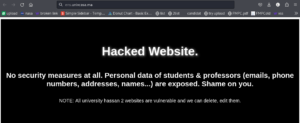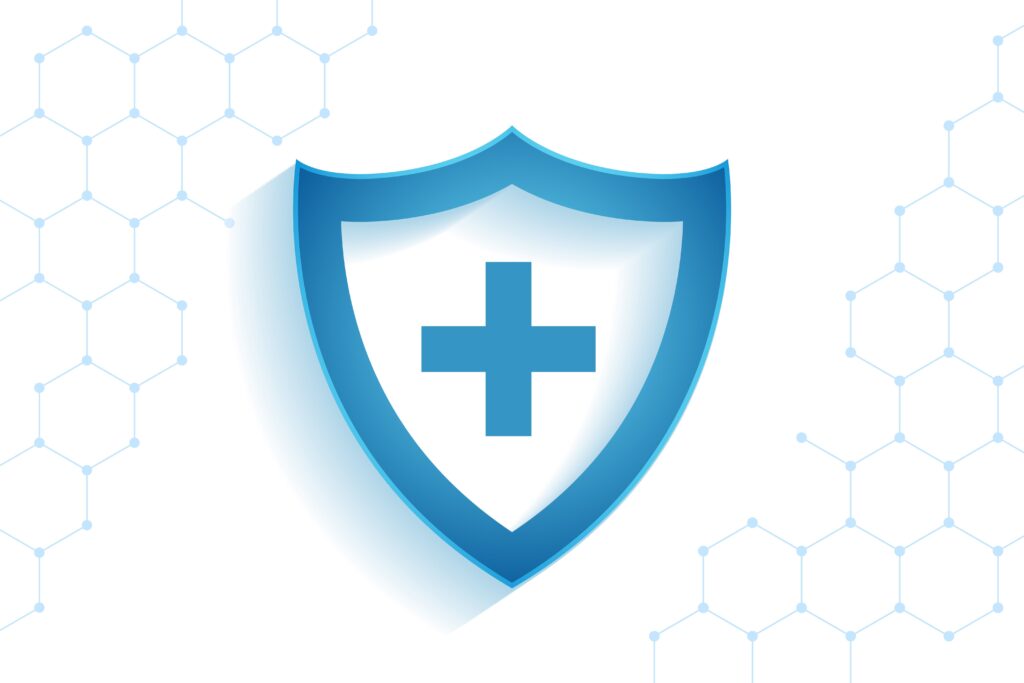Introduction | Moroccan Cybersecurity Laws
The digital transformation in Morocco has brought remarkable opportunities for economic and social growth. However, it has also exposed individuals and organizations to cyber threats ranging from data breaches to online fraud. Recognizing these risks, Morocco has established a robust legal framework to secure its digital environment. This post explores Moroccan cybersecurity laws, their practical impact, and the role they play in fostering a secure online ecosystem.

Key Cybersecurity Laws in Morocco
Moroccan cybersecurity laws are anchored by several key statutes that address various aspects of digital safety:
- Law 07-03
Enacted in 2003, Law 07-03 focuses on combating cybercrimes. It introduced provisions to prosecute offenses such as unauthorized access to computer systems, data theft, and digital fraud. This law also provides legal mechanisms to penalize cybercriminals engaging in online sabotage or spreading malicious software Read More. - Law 09-08
As Morocco’s flagship Personal Data Protection Law, Law 09-08 governs how personal data is collected, processed, and stored. It enforces strict requirements for organizations to ensure transparency and obtain user consent before using their data. This law empowers individuals with rights to access, correct, or delete their personal information, creating a secure data-handling framework Read More. - Law 53-05
This law regulates electronic transactions, including digital contracts and electronic signatures. By providing legal recognition to digital documentation, it enhances the reliability of online business and commerce in Morocco, encouraging greater adoption of e-commerce practices Read More. - International Collaborations
Morocco is a signatory to the Budapest Convention on Cybercrime, which facilitates global cooperation to tackle cybercrime effectively. This move underscores Morocco’s commitment to international standards and reinforces its ability to prosecute cross-border cyber offenses Read More.
Government-Led Initiatives
To complement its legal measures, Morocco has rolled out various national initiatives:
- The Digital Morocco Strategy: This initiative aims to integrate cybersecurity into the country’s digital transformation plans. It promotes the development of secure online platforms and institutional cybersecurity training programs.
- Moroccan National Campaign to Fight Cybercrime (2014-2017): This awareness campaign targeted businesses, institutions, and individuals to instill a culture of cybersecurity through educational resources and workshops.
- Establishment of DGSSI and maCERT: The Directorate General for Information Systems Security (DGSSI) and the Moroccan Computer Emergency Response Team (maCERT) play critical roles in monitoring and responding to cyber threats.
Achievements and Challenges
Morocco has earned a strong position in the Global Cybersecurity Index, ranking among the top Arab nations in cybersecurity preparedness. The country’s commitment to institutionalizing digital trust has been reflected in its modernized infrastructure, proactive legal measures, and emphasis on awareness
However, challenges remain. Small and medium-sized enterprises (SMEs), which form the backbone of Morocco’s economy, often lack resources and expertise in cybersecurity. Bridging this gap requires sustained efforts in training, funding, and raising awareness about cyber risks.
How Moroccan Cybersecurity Laws Protect You
Morocco’s legal framework ensures that:
- Cybercriminals are prosecuted: Laws like 07-03 deter hacking, fraud, and data breaches by imposing stringent penalties.
- Personal data is secure: Law 09-08 mandates data protection, enabling individuals to take legal action against misuse.
- E-commerce is trustworthy: By validating electronic signatures and contracts, Law 53-05 enhances the credibility of online transactions.
The Role of Citizens
While laws provide a strong foundation, individual vigilance is equally critical. Simple practices, such as using strong passwords, avoiding unverified links, and staying informed about phishing scams, go a long way in ensuring personal safety online.
Resources for Further Reading
- MIPA Institute – Cybersecurity Achievements and Challenges
- Morocco World News – Cybersecurity Rankings
- INCYBER – Insights on Moroccan Cybersecurity Laws
Morocco’s legal and strategic approach to cybersecurity is a testament to its forward-thinking vision. By aligning these laws with global standards and fostering public-private collaboration, the nation is building a resilient digital future. Let us know how you secure your digital life and join the conversation about cybersecurity in Morocco!
Protect Your Website and Comply with Moroccan Cybersecurity Laws
Running a website in Morocco? Ensure your site is secure, compliant with data protection laws, and protected against cyber threats. Avoid legal risks and build trust with your users by prioritizing cybersecurity.





